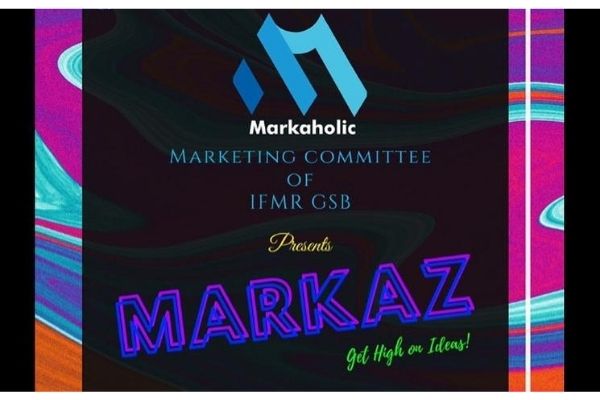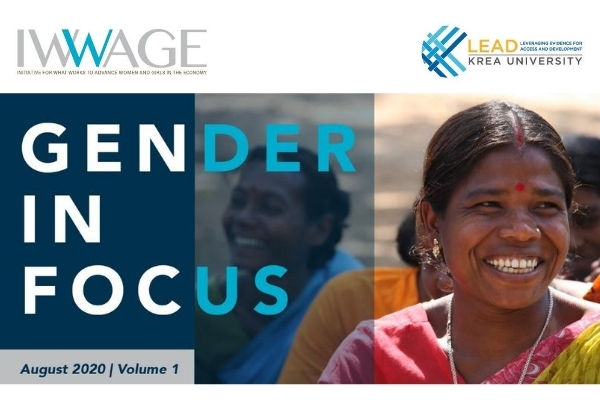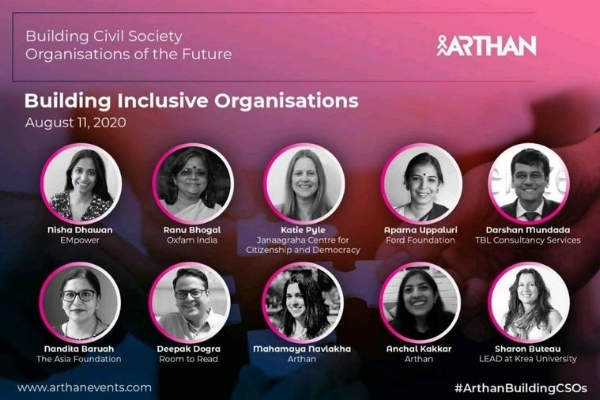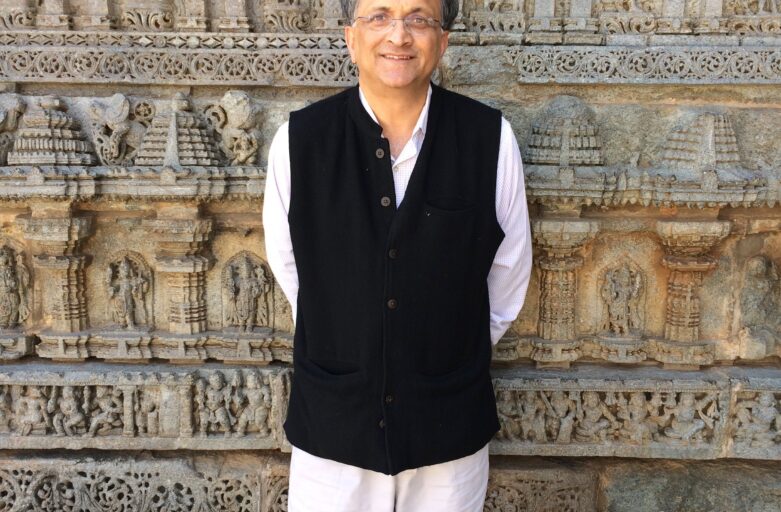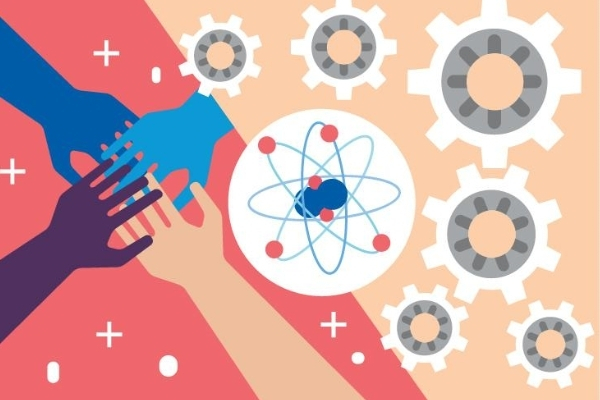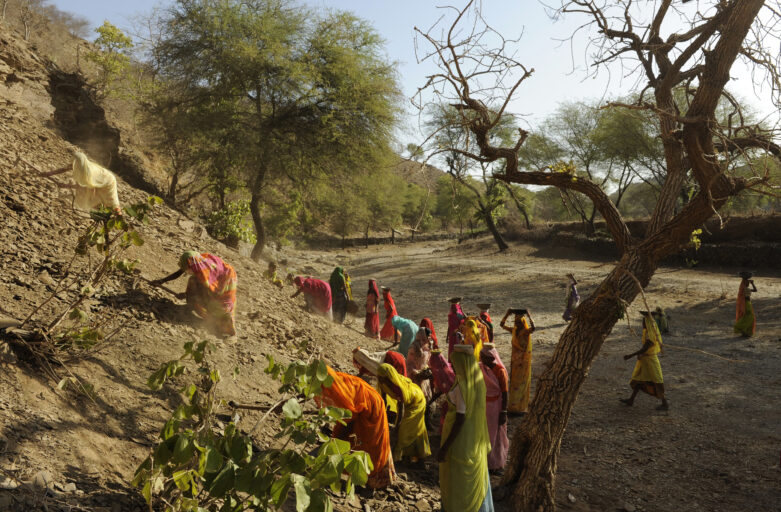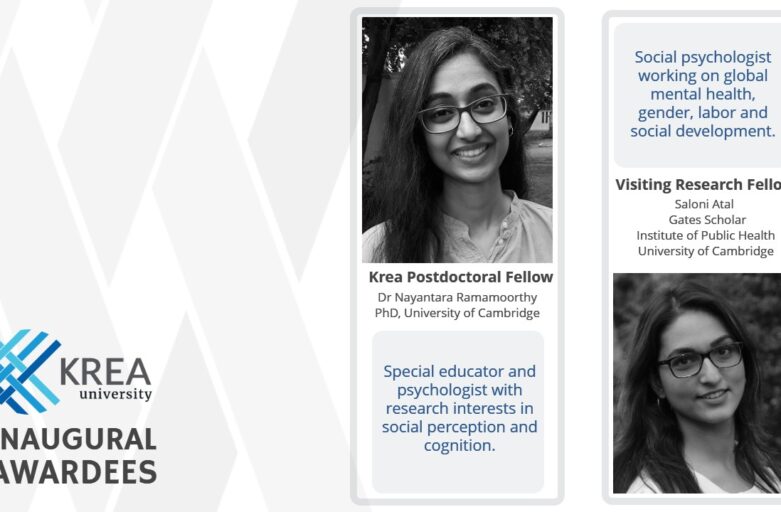We are glad to announce that Prof K S Viswanathan, Prof Vivek Bhandari, Prof Gaurav S Ghosh, Prof Pritha Chakrabarti, Prof Sushant Kumar Raut, Prof Amrita Narayanan, Prof Vaishali Sharma, Prof Joya John, Prof Abuthair, Prof Ovee Thorat, Prof Sayantan Datta and Prof Neha Mishra have joined Krea University.
Prof K. S. Viswanathan has joined as Visiting Professor of Chemistry, SIAS.
Viswanathan’s research interests have spanned the areas of molecular conformations and weak non-covalent interactions, particularly the hydrogen bonding interactions, which pervades through all of chemistry, physics and biology. Matrix isolation spectroscopy, a method where isolated molecules are trapped in a cryogenic solid inert gas matrix, was the experimental technique used for these studies. The trapped molecules were then probed using infrared spectroscopy. The experimental results were corroborated using ab initio quantum chemical computations. These studies resulted in a detailed understanding of the structure and energetics of hydrogen bonded complexes. Recent studies of his group on conformations of amino acids, an important class of biomolecules, revealed a very interesting and restrictive structural preference that these molecules adopt, with respect to their backbone, comprising of the COOH and NH2 moieties. In addition, his research group has also been interested in lanthanide fluorescence, specifically to develop methods for the enhancement of fluorescence in an attempt to develop sensitive analytical methods. Enhancement of fluorescence by a factor of over 10,000 was achieved by choosing appropriate ligands as energy transfer agents. He has also been interested in the use of mass spectroscopy for analytical applications.
Prof Vivek Bhandari joins as Visiting Professor of History, SIAS.
Vivek Bhandari is a historian with a particular interest in issues of culture and power as these are manifest in the historical evolution of participatory politics, public culture, and democratic institutions. After a decade as a faculty member at Hampshire College (where he also taught at the University of Massachusetts, Amherst and Mt. Holyoke College), Vivek served as Director, and Professor of Social Science at the Institute of Rural Management, Anand (IRMA). In his role as director of IRMA, he worked closely with the cooperative sector, and in 2008-9 co-authored India’s first comprehensive analysis of Panchayati Raj institutions while also researching Maoist movements and contentious issues of land acquisition, and more generally, sustainable development. For the past decade, Vivek has taught at the National Institute of Design (NID), and the Young India Fellowship Program (associated with Ashoka University). He has a particular interest in financial technology and rural livelihoods, and since 2017, has served as chairman and independent director of the Jio Payments Bank, a joint venture of the State Bank of India and Reliance Jio. Vivek is an alumnus of St. Stephen’s College, and the University of Pennsylvania from where he received an M.A. in South Asian Studies and Ph.D. in history.
Prof Gaurav S. Ghosh joins as Visiting Associate Professor of Economics, SIAS.
Gaurav is an economist with research, policy development, and private sector consulting experience. Along with his current association with Krea, he is a senior economist at EY, the consulting firm. Before joining EY, he spent two years as a post-doctoral researcher at RWTH Aachen University, Germany. He has a PhD from Pennsylvania State University, an M.A. from Jawaharlal Nehru University, and a B.A. from St. Xavier’s College, Mumbai. In recent engagements at EY, Gaurav has consulted with central government ministries on the impact of taxes (like the GST) on investment incentives in the Indian economy. He has also set up a behavioral economics practice and consults widely on the transfer pricing of financial transactions within MNCs. In previous projects, he has delved into antitrust, the valuation of intellectual property, and understanding the complexities of asset-backed securitizations. Energy and the environment have been constant themes in Gaurav’s non-consulting research. He has investigated diverse topics in this area using surveys, experiments, concepts from behavioral economics, and a variety of econometric methods. One strand of research investigated consumer demand for energy and energy-related products. Here, Gaurav and collaborators investigated the divergence between stated and revealed preferences for energy-saving products, and designed and tested nudges that would lead to higher adoption of environmentally friendly technologies. Other research has focused on the design and testing of emissions trading markets, and the valuation of air pollution using hedonic methods.
Prof Pritha Chakrabarti joins as Faculty Associate, SIAS.
Pritha has received her doctoral degree in Cultural Studies from The English and Foreign Languages University, Hyderabad. She has been an editor, journalist and written for advertisement and branding before coming into academics. Her area of research interest encompasses film studies, dance studies and performing arts, screendance studies, new media and questions of gender, labour, ideology, class and caste. She has previously worked at the media department of Symbiosis International (deemed university) where she taught several subjects in Writing, Films, Journalism, New Media and Advertising. Pritha has also published in several peer reviewed journals and has worked at the Media Lab, Jadavpur University as a film archivist. She has been the recipient of the Pad.Ma Film Research Fellowship, the CSDS-ICSSR doctoral fellowship and the NFAI film research fellowship. Her current research project tracks the changing body image of the dancing bodies on screen in Hindi cinema and its relation to the neoliberal ideology.
Prof. Sushant Kumar Raut has joined as Assistant Professor of Physics, Department of Sciences.
He is a particle physicist, specializing in the phenomenology of neutrinos. After completing his Ph.D. from I.I.T. Bombay, he has held post-doctoral positions at Physical Research Laboratory (Ahmedabad), KTH Royal Institute of Technology (Stockholm), Institute for Basic Science (Daejeon), and Korea Advanced Institute of Science and Technology (Daejeon). Sushant believes that science education can help in solving many of the problems in society, not merely through technological advances, but also through the inculcation of scientific temper and rational thinking. Therefore, he has been keenly interested in education and scientific outreach. Apart from regular university courses, he has taught at summer schools and has been a co-organizer of the `Science on Tap’ series of popular science talks in Daejeon. He is interested in starting and promoting other science vulgarization programmes too.
Prof. Vaishali Sharma joins as Visiting Assistant Professor of Biological Sciences, SIAS.
Vaishali Sharma has a Ph.D. in Structural Biology from Centre for Magnetic Resonance, University of Florence, Italy, which is one of the largest biophysics laboratories in Europe. Her studies were focused on proteins that are involved in iron metabolism and assimilation in humans. She studied the interaction of these macromolecules with deoxyribonucleic acid (DNA) and their consequential molecular cascading events. Vaishali worked as a post-doctoral researcher at the laboratory of Cellular dynamics, Max Plank Institute of Biophysical Chemistry, Göttingen, Germany and studied the alpha synuclein (ASN) protein, whose accumulation leads to neurodegeneration leading to Parkinson’s disease in humans. This group is a leader in making novel microscopes for studying complicated biological phenomena live. Her research was focused on the interactions of ASN with multiple neuronal proteins involved in cellular trafficking. The molecular events governing packaging and transporting of cellular cargo in and out of cell in rat model system. During her second post-doctoral research at University of Medicine, Gottingen in the Dept of Neurodegeneration, she was part of team involved in testing of proposed potential compounds and their interaction with ASN within cells. Her interdisciplinary research exposure gathered her expertise in cutting edge microscopy, biochemistry, molecular biology, cell biology and neurobiology.
Prof. Amrita Narayanan joins as Visiting Professor of Practice in Psychology, SIAS.
Dr Amrita Narayanan is a practicing clinical psychologist and psychoanalyst with an interest in literature and literary theory. She is the editor of The Parrots of Desire: 3000 years of Erotica in India (Aleph Books, 2018) a collection of poems, short prose and fiction in translation from Indian languages, linked by an introductory essay on the central themes in Indian erotic literature. She is a contributor to the volume Psychoanalysis in the Indian Terroir: Emerging Themes in Culture, Family and Childhood (Lexington Books, 2018). She is co-author on the forthcoming Pha(bu)llus: a cultural history of the Phallus (Harper Collins, 2020) in which her essay explores the psychological meanings behind the popularity of the phallus as a symbol. Amrita has taught as visiting faculty at Ashoka University in the English department and at Ambedkar University in the psychology department. Amrita’s research interests are in cultural factors in psychotherapy and psychoanalysis, the psychodynamics of women’s sexual agency, and in how cultural factors shape the aesthetics of women’s sexual agency in India. Her writing has appeared in academic journals such as Psychodynamic Practice and Psychoanalytic Review; newspapers such as The Hindu and The Indian Express; and popular press periodicals such as Outlook, Open Magazine, and India Today. Her recent awards include the Taylor and Francis Prize for psychoanalytic writing, the Sudhir Kakar Prize for psychoanalytic writing, and the Homi Bhabha Fellowship.
Prof Abuthahir joins as Krea Postdoctoral Fellow.
Abuthahir earned a bachelor’s degree in Electronics and Communication Engineering from Anna University. After his undergraduate degree, he worked as a software engineer at Cognizant Technology Solutions (CTS) for five years. He then joined IIT Madras, where he completed his Masters of Science, by research, and then a PhD in the area of communication networks, from the Department of Electrical Engineering. His modelling research interests are centered around the design and performance evaluation of congestion control mechanisms for large scale communication networks like the Internet. His research interests in applied mathematics include control theory, bifurcation theory, queuing systems with delayed feedback, and non-linear time-delay dynamical systems.
Prof Ovee Thorat joins as Krea Postdoctoral Fellow.
Dr Ovee Thorat comes with a mixture of disciplinary backgrounds as she has moved from her training in core natural science subjects to incorporating more of social science in her work. The focus on interdisciplinary at ATREE, Bangalore, where she did her PhD from and trained her in making this shift. Her areas of interest are pastoralism, rangeland ecology, politics of wildlife conservation, and qualitative research methods. For her doctorate in conservation science and sustainability studies, she worked on the political ecology of grassland conservation and pastoral development in the Banni grasslands of Kachchh in India.She is also a co-author of the bilingual book Grasses of Banni which is the first of its kind field guide on this less-known plant group.
Prof Joya John joins as Assistant Professor of Literature, SIAS.
Joya John has earned a Ph.D., from the University of Chicago. She is passionate about how literary and cultural studies can respond to new challenges in the Indian subcontinent and more globally. Her research has so far focused on issues of environment and ecology in Indian fiction. She is interested in issues of energy, mining, waste, as well as the changing landscape of activism around environmental issues and climate change. She believes that literature can bring valuable insights to environmental issues that are often dominated by scientific and policy approaches. She holds both master’s and MPhil degrees in English Literary Studies from Delhi University. She is currently working on academic articles on issues of energy security and access in Hindi fiction and the depiction of Adivasi communities and the environment in contemporary novels set in Jharkhand. She has presented her work at the Association for Asian Studies, European Conference of South Asian Studies, the Annual South Asia Conference at Madison, and the American Comparative Literature Association. She has published on issues of sexual harassment at the workplace, Dalit drama, and autoethnography in contemporary Dalit thought.
Joya has over six years teaching experience at Delhi University where she taught courses on Indian writing in translation, Realism and the Novel, and European drama. During graduate school in the U.S. she has taught academic and professional writing and courses on environmental issues and globalization in South Asia. When not teaching or researching, she is interested in stand-up comedy and believes irony, satire and comedy have tremendous critical power in contemporary India. She is interested in developing audio content and believes podcasts are the future.
Prof Sayantan Datta joins as Faculty Associate, SIAS.
Prof Sayantan Datta a developmental neurobiologist in training, working towards Ph.D. at TIFR-Hyderabad. He did B.Sc. in Life Sciences from Presidency University, Kolkata, and M.Sc. in Neural and Cognitive Sciences from the University of Hyderabad. He is an experienced science writer and communicator. His interests lie in the fields of feminist science writing, cognitive models of writing, science illustration, and multimedia communication also interested in the history and philosophy of sciences, and neurodevelopment. Currently, he is looking at intersections between neuroscience and law, and neurofeminist philosophy. At Krea, He wish to use skills from the intersection of the sciences and social sciences, and his experience in writing, to work with students to develop their academic writing and communication skills. He is open to collaboration with other researchers and teachers interested in the aforementioned disciplines/subjects.
Prof. Neha Mishra joins as Visiting faculty, SIAS.
Neha Mishra has an MPhil in English Literature from the University of Delhi. Her MPhil dissertation examined the hues of systemic and cultural impunity embedded in acts of violence against women in the Indian nation-state. Neha completed her MA in English Literature from Shiv Nadar University where she also worked as teaching assistant for Academic Writing and Creative Writing courses. She has also worked as Assistant Editor in the Global Editions division of Pearson Education.
